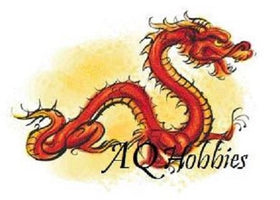HOUSEHOLD KNIGHTS
THE HUNDRED KINGDOMS
The time, effort and money required to train a knight is staggering. Training begins at the age of seven, when the young aspirant is trained as a page. Around the age of fourteen, weapons and horsemanship training are focused on and the Squire is expected to follow his master into battle if needed. By the age of twenty one, a prospective candidate is expected to have impressed his master sufficiently to earn his recommendation.
Following the sweeping reforms of Charles Armatellum at the onset of his conquests, the ceremony of dubbing can only be performed by an Imperial noble of at least the rank of Margrave or Count Palatine. The anointment, moreover, can only take place after a battle in which the prospective knight has blooded his blade. These mandates were established to ensure that only men of true prowess earned the rank of Knight. Even with the Empire dissolved, those mandates are well preserved traditions and those who ignore them meet ridicule. In fact, a recurring article presented in the Imperial Conclaves is the appointment of Counts Palatine, to replace those who may have fallen in battle or died of old age. As a result of these efforts, the Household Knight endures as a pillar of the social structure of the Hundred Kingdoms. While land and coin have gained tremendous importance in determining the power of noble houses, allowing them to secure the services of mercenaries and men at arms, these cannot match the battlefield supremacy and prestige that Household Knights offer.
The massed charge of Household Knights is one of the most powerful weapons at the disposal of a Hundred Kingdoms commander. Hundreds of pounds of obdurate metal and muscle, forged through years of training and experience, they have shattered men, formations, and kingdoms throughout the ages.






